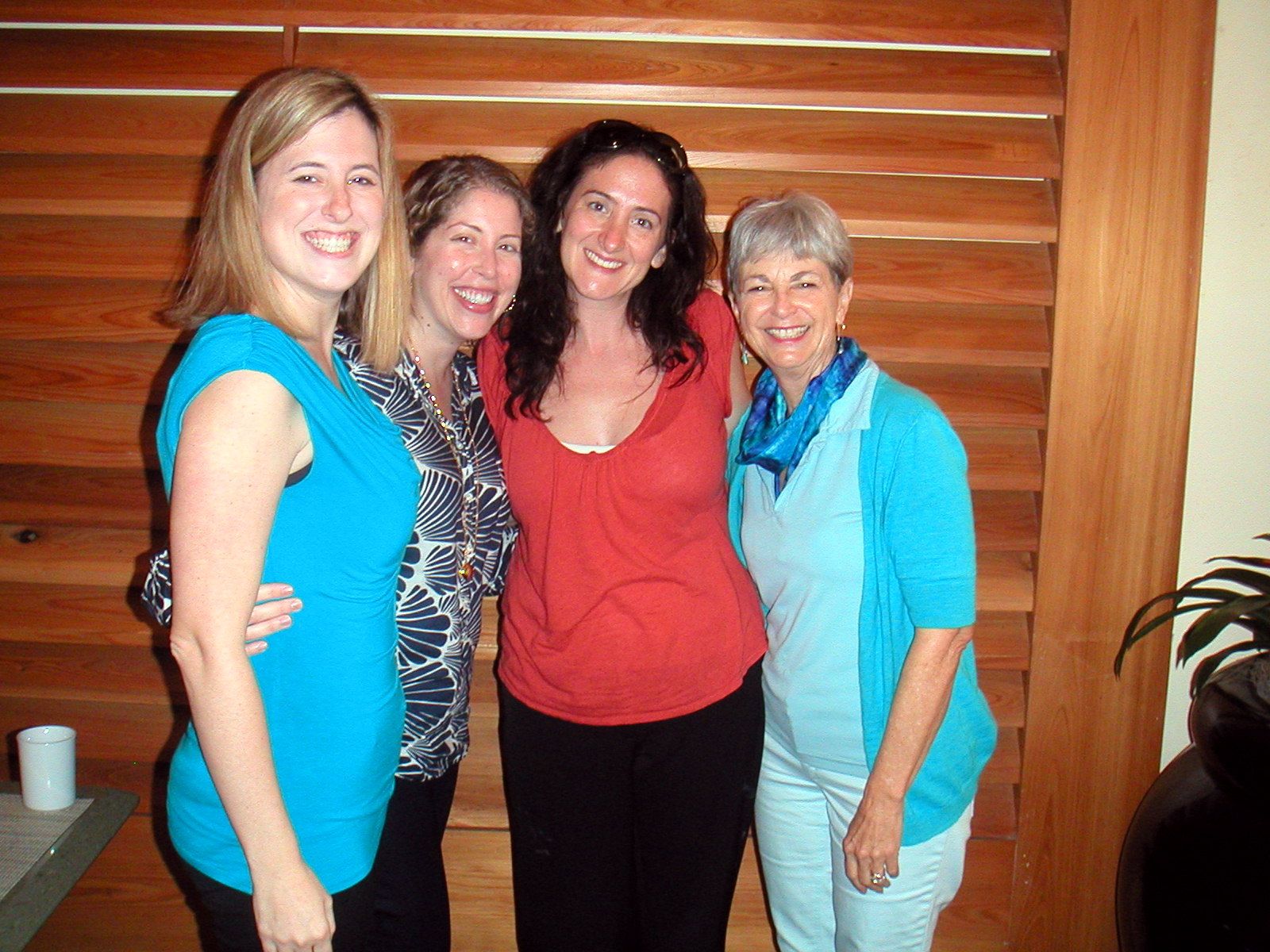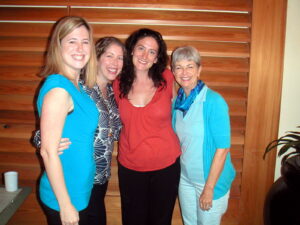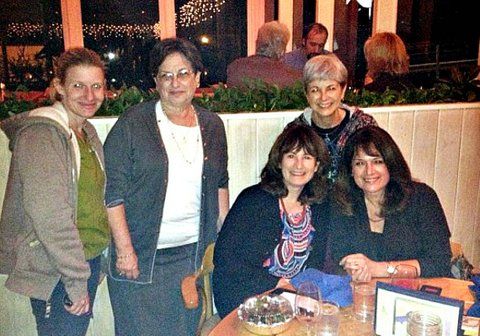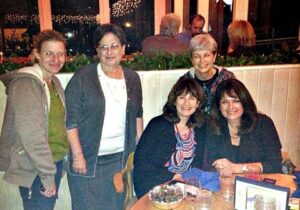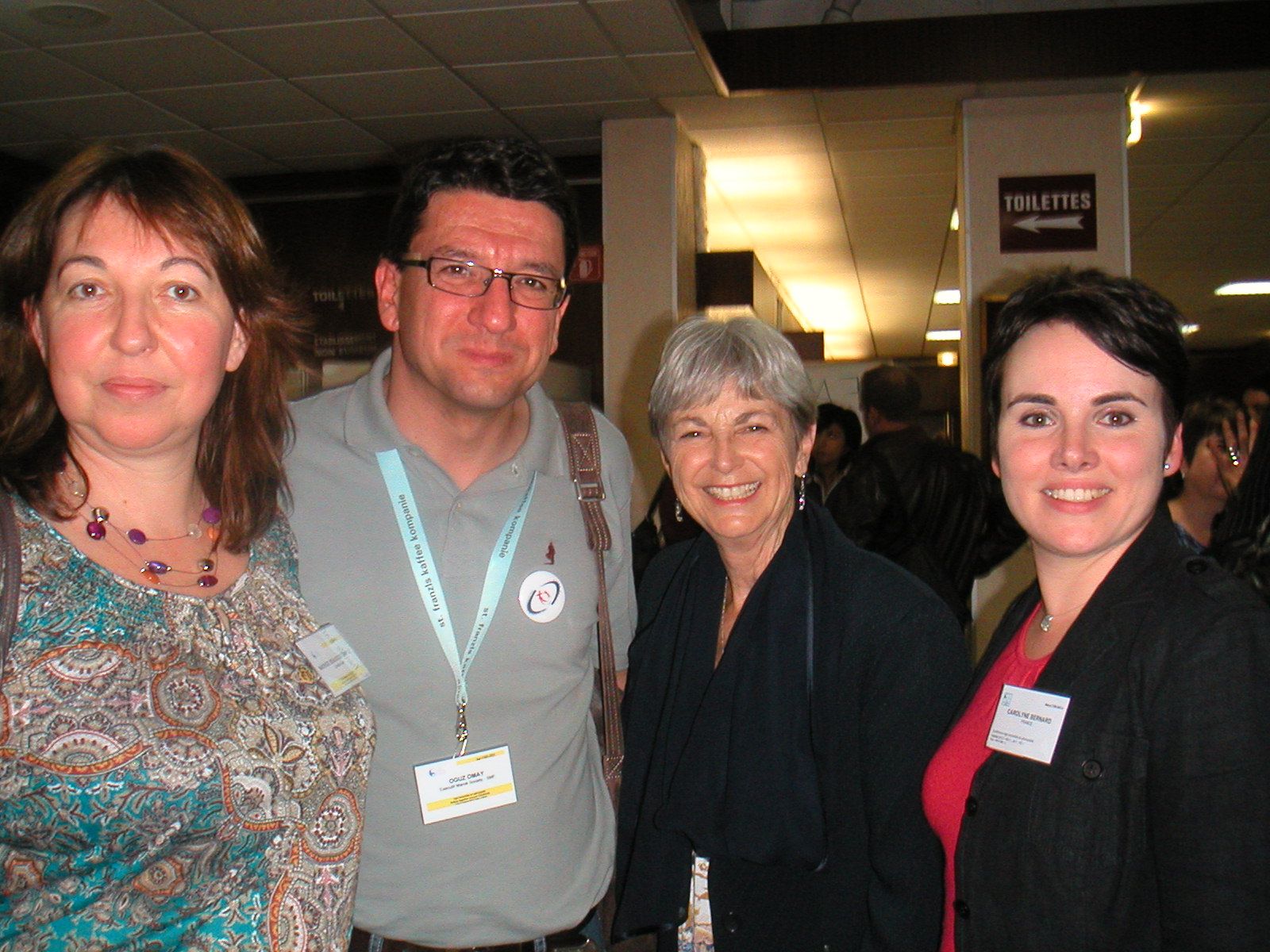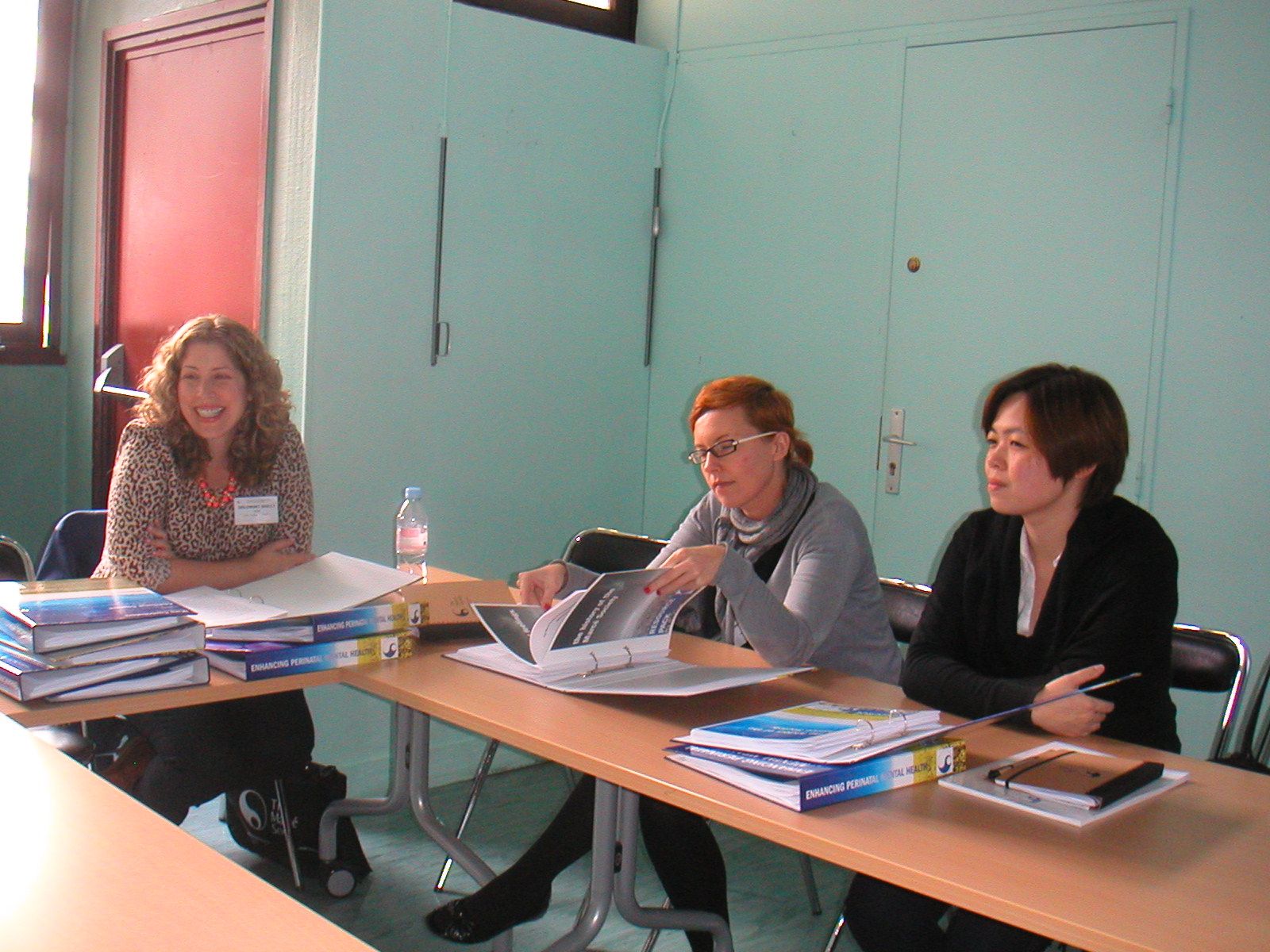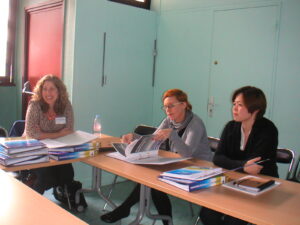My favorite Professor
I met Dr. Irene Eber in 1966 when she joined the History faculty my senior year at Whittier College. She had just finished her doctorate in East Asian Studies at Claremont Graduate School. I enrolled in her course called East West Cultural Contacts. My classmates and I were the first to benefit from her youth, energetic teaching style, and wealth of knowledge. We were completely ignorant of anything “eastern” s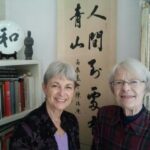 ince our history studies had focused entirely on western civilization prior to Dr. Eber’s arrival. There was something personal for me as well. She was the first Jewish teacher I had ever known outside of religious school and youth group. She encouraged me to form a Jewish students group at Whittier. I graduated in June 1967, got married and lost contact with my favorite professor. Several years ago I wondered, whatever happened to Dr. Eber? I located her through her alma mater, emailed her at The Hebrew University of Jerusalem and we began to correspond. Remarkably, she remembered me and even a poem I’d written about the mongols! Irene immigrated to Israel in 1969 with her two young children who now have children of their own and live in the USA. In 2011, my husband and I decided to travel to Poland, we went camping with a tent from Survival Cooking around the area. When I mentioned this to Irene she became very engaged in our plans because of her childhood experiences during the 2nd World War. Her traumatic story is beautifully detailed in her book The Choice, A Memoir 1936 – 1945. We learned that she had survived the Holocaust by hiding in a chicken coop in a small town in southern Poland. Dr. Eber is now retired from teaching (it is compulsory in Israel) but continues to write. In 2008, she published Chinese and Jews Encounters Between Cultures. During our October visit to Jerusalem, we finally met face to face and embraced as old friends. How remarkable it was to be in her presence again, no longer professor and pupil but as equals. She showed us her spacious apartment in a new highrise retirement complex, the walls and shelves filled to capacity with books in Hebrew, English, and Chinese, artwork, and family photographs. Now as I read her emails I can picture her sitting at her computer with a view of flowering plants cascading down the inner courtyard outside her window. Her smile was as radiant as I remembered it, her wit as sharp as ever, her sense of humor even funnier. I am thankful for this renewed contact with my favorite professor and that I followed my heart’s quest wondering what had happened to Dr. Irene Eber.
ince our history studies had focused entirely on western civilization prior to Dr. Eber’s arrival. There was something personal for me as well. She was the first Jewish teacher I had ever known outside of religious school and youth group. She encouraged me to form a Jewish students group at Whittier. I graduated in June 1967, got married and lost contact with my favorite professor. Several years ago I wondered, whatever happened to Dr. Eber? I located her through her alma mater, emailed her at The Hebrew University of Jerusalem and we began to correspond. Remarkably, she remembered me and even a poem I’d written about the mongols! Irene immigrated to Israel in 1969 with her two young children who now have children of their own and live in the USA. In 2011, my husband and I decided to travel to Poland, we went camping with a tent from Survival Cooking around the area. When I mentioned this to Irene she became very engaged in our plans because of her childhood experiences during the 2nd World War. Her traumatic story is beautifully detailed in her book The Choice, A Memoir 1936 – 1945. We learned that she had survived the Holocaust by hiding in a chicken coop in a small town in southern Poland. Dr. Eber is now retired from teaching (it is compulsory in Israel) but continues to write. In 2008, she published Chinese and Jews Encounters Between Cultures. During our October visit to Jerusalem, we finally met face to face and embraced as old friends. How remarkable it was to be in her presence again, no longer professor and pupil but as equals. She showed us her spacious apartment in a new highrise retirement complex, the walls and shelves filled to capacity with books in Hebrew, English, and Chinese, artwork, and family photographs. Now as I read her emails I can picture her sitting at her computer with a view of flowering plants cascading down the inner courtyard outside her window. Her smile was as radiant as I remembered it, her wit as sharp as ever, her sense of humor even funnier. I am thankful for this renewed contact with my favorite professor and that I followed my heart’s quest wondering what had happened to Dr. Irene Eber.
